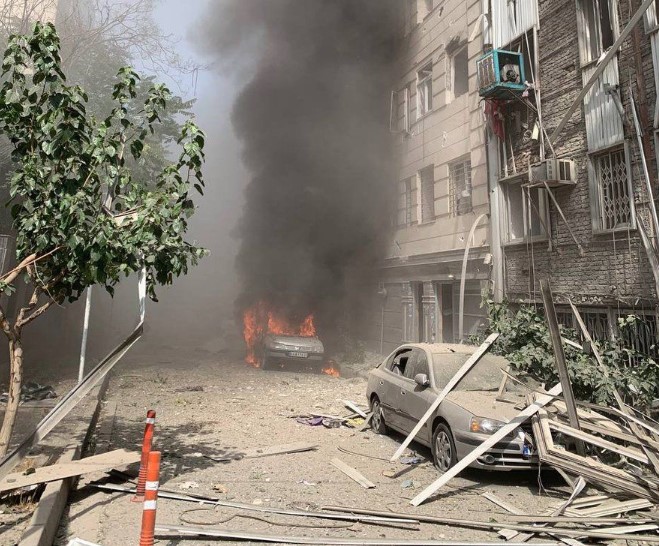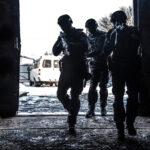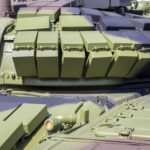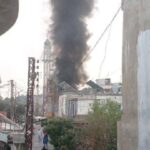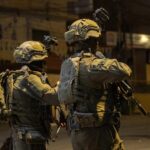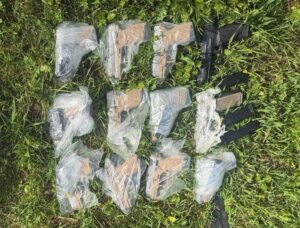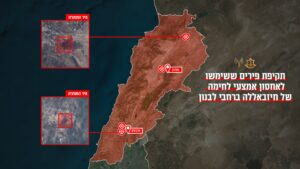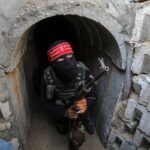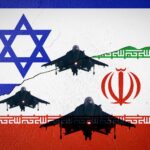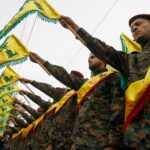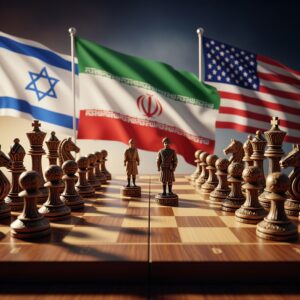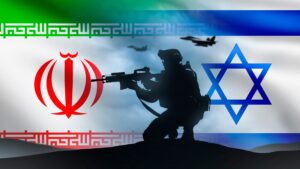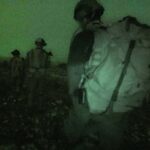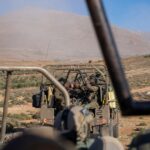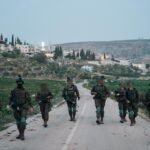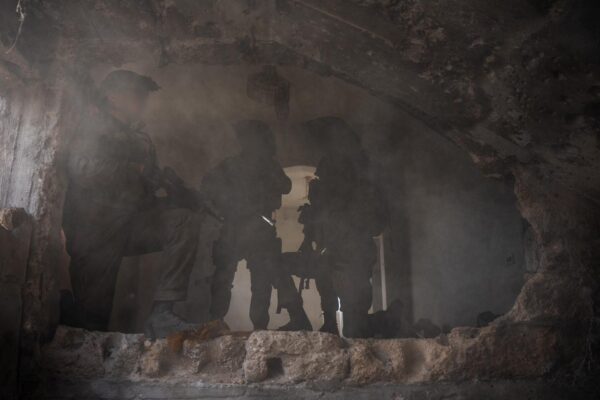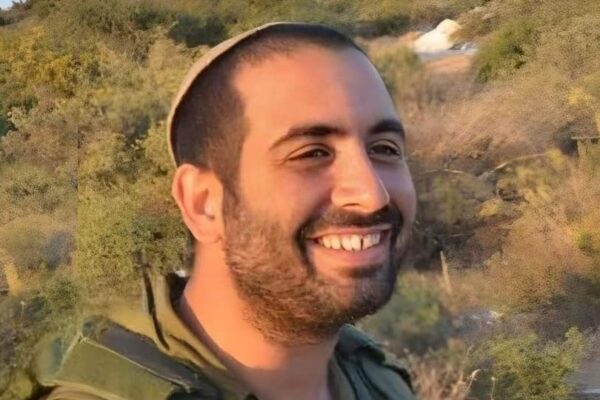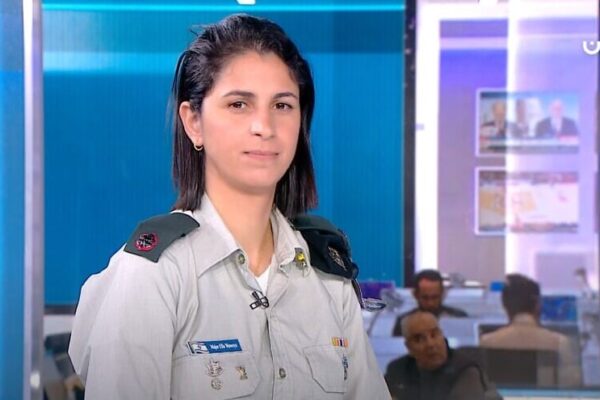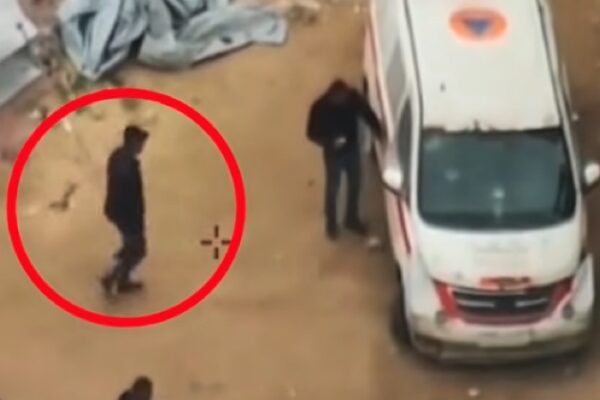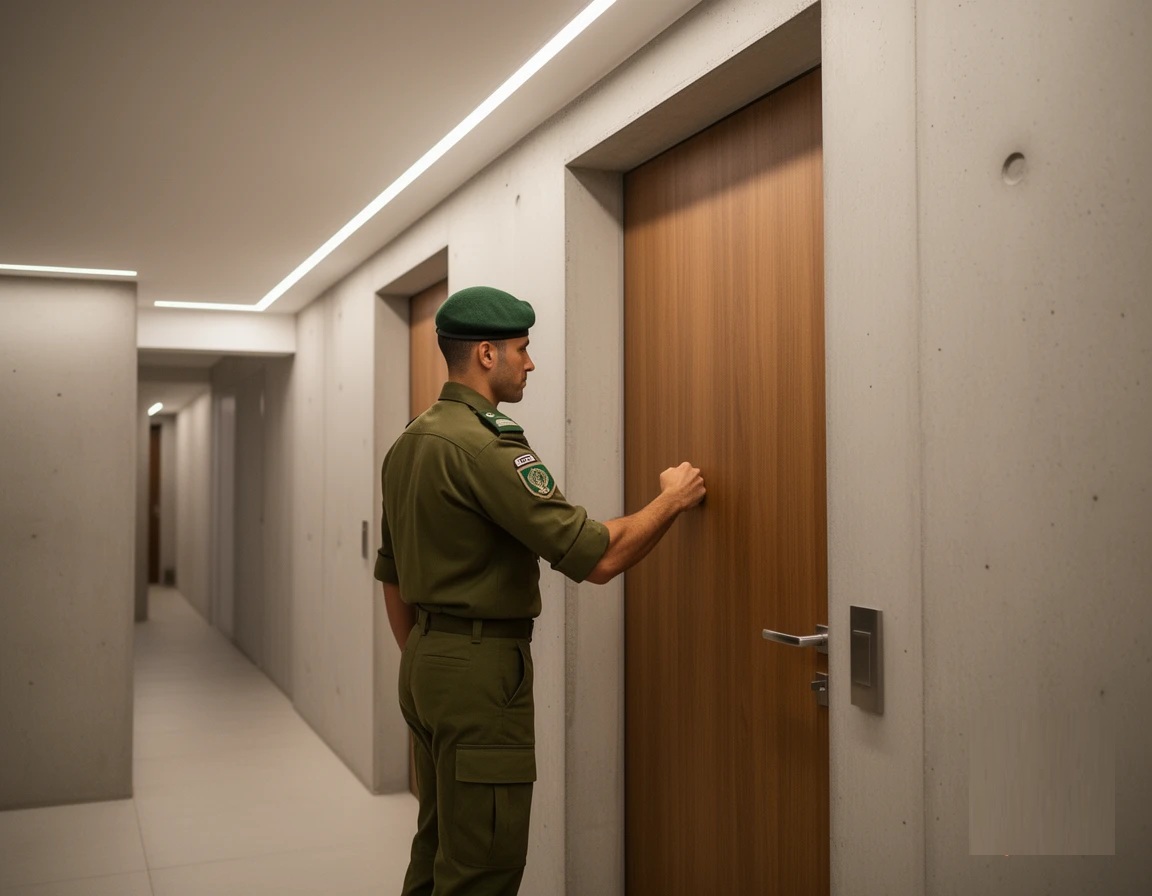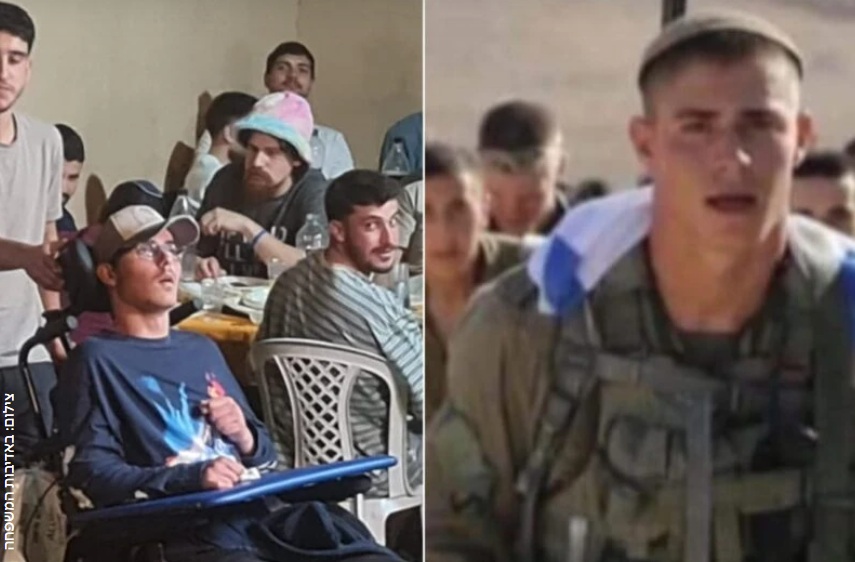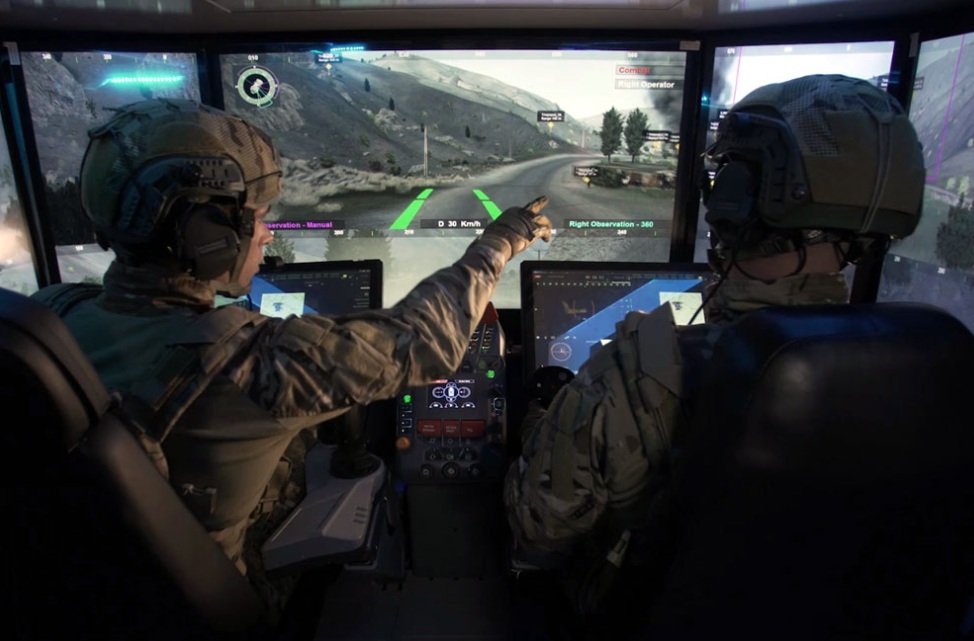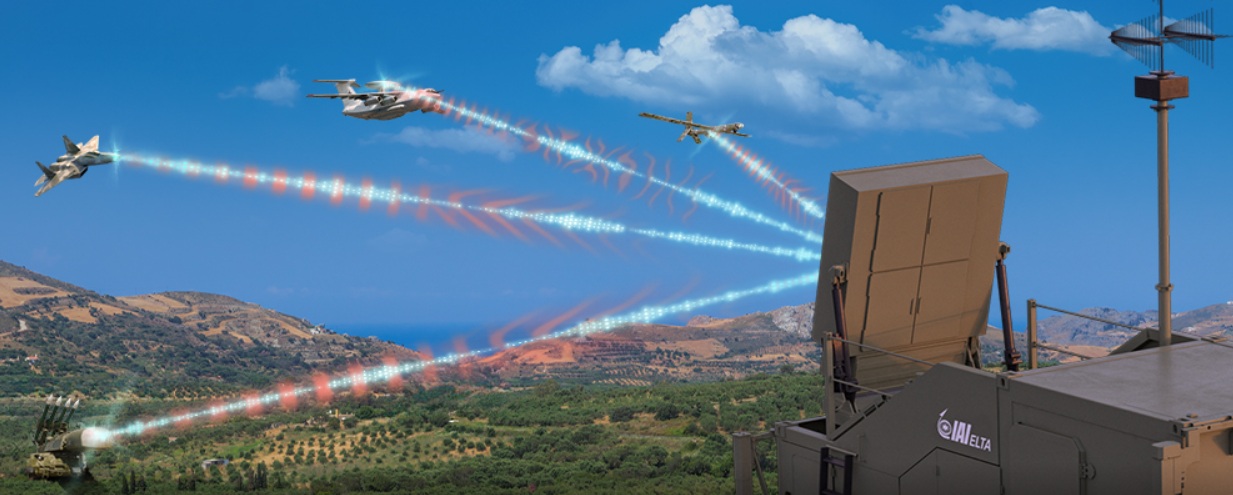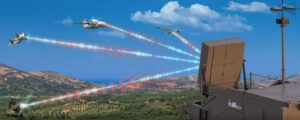The strike on Isfahan city followed Israel’s massive overnight sorties targeting Iranian military leaders and nuclear assets, including Iran’s main enrichment facility at Natanz, which is also in Isfahan province.
By Charles Bybelezer and Amelie Botbol, JNS
The Israeli Air Force on Friday killed nine Iranian scientists who had significantly advanced Tehran’s nuclear weapons program, the military said on Saturday.
According to the Israel Defense Forces, the scientists served as critical “knowledge centers” within the nuclear project, with decades of experience in atomic weapons development.
The slain scientists were named as Fereydoun Abbasi, Mohammad Mahdi Tehranshi, Akbar Motalebi Zadeh, Saeed Barji, Amir Hassan Fakhahi, Abd al-Hamid Minoushehr, Mansour Asgari, Ahmad Reza Zolfaghari Daryani and Ali Bakhouei Katirimi.
“The individuals who were eliminated played a central part of the progress toward nuclear weapons. Their elimination represents a significant blow to the Iranian regime’s ability to acquire weapons of mass destruction,” said the Israeli military.
Col. (ret.) Richard Kemp, a former British Army commander, told JNS on Saturday that the IDF had inflicted “serious damage” on Tehran’s nuclear ambitions.
“A key element is the elimination of several senior military and scientific figures, including high-ranking generals. That will have a devastating impact on Iran’s capabilities,” he said.
“Even if Israel inflicted catastrophic damage on infrastructure, Iran could potentially rebuild—unless that core scientific knowledge is lost. The more that expertise is diminished, the less likely they are to recover,” added Kemp.
He also noted another major strategic achievement: exposing vulnerabilities in the Iranian regime. “They’ve shown themselves unable to protect their senior commanders, scientists and nuclear facilities. That signals weakness, and it could embolden the Iranian people to challenge their leaders.
“I can’t predict the outcome,” Kemp continued, “but if there is enough dissent and frustration among the population, this could eventually lead to the regime’s downfall.”
Specifically, the Israel Defense Forces struck an Iranian nuclear facility in Isfahan on Friday that was involved in further processing and enriching uranium toward weapons-grade material.
“The attack destroyed a structure for producing metallic uranium, infrastructure for converting enriched uranium, [and] laboratories,” the IDF stated.
The strike on Isfahan city followed Israel’s massive overnight sorties targeting Iranian military leaders and nuclear assets, including Iran’s main enrichment facility at Natanz, which is also in Isfahan province.
Iran’s state-run Fars News Agency also reported explosions at Fordow, where the Islamic Republic has buried a nuclear facility hundreds of feet beneath a mountain.
“If Israel is able to inflict severe damage on Iran’s nuclear program, it will significantly weaken the regime,” said Brig. Gen. (res.) Yosef Kuperwasser, head of the Jerusalem Institute for Strategy and Security and former head of the Research and Analysis Division in the IDF Intelligence Directorate.
“This comes on top of Iran’s deepening economic problems and the collapse or weakening of key allies and proxies in the region—the fall of Assad [in Syria], and the heavy blows sustained by Hezbollah [in Lebanon] and Hamas [in Gaza],” he added.
“All of this represents a major setback for Iran’s bid for regional hegemony and its efforts to spread radical Islamic ideology worldwide.”
Kuperwasser emphasized to JNS that the IDF’s campaign would take time to reach its full effect.
“Rome wasn’t built in a day. We achieved a lot in just 36 hours, but there is still a long way to go,” he said.
“The infrastructure of both Iran’s nuclear and missile programs is vast, composed of many components—some of them deeply buried and heavily protected. It will take more time and effort before we can say that the damage done is substantial and lasting.
“We are carrying out all of this on our own, and the international community will ultimately benefit from our actions,” Kuperwasser continued. “They’re merely watching—but at least, for now, they’re not criticizing us.”
Lt. Gen. Eyal Zamir, IDF chief of staff, said on Friday that offensive and defensive operations are ongoing.
“We are continuing with full force, at a high pace, in order to meet the goals we have set for ourselves,” Zamir said.
“There will be difficult moments. We need to be prepared for the range of scenarios we have planned for; very high readiness and discipline are required on the home front.”
Kemp highlighted what he described as a final key takeaway from the Israeli operation.
“Finally, it shows the strength of Israel, and I don’t think anyone in the Middle East—or anywhere else—failed to be impressed by the precision and scale of these strikes,” he said. “I doubt any other country could have achieved what Israel has in this domain so far.”
He noted that the operation could have broader geopolitical implications in the region by giving confidence to other Middle Eastern countries, particularly Arab states, concerned about Iran’s aggression and nuclear ambitions.
“This may bring us closer to expanding the Abraham Accords, including potential normalization between Saudi Arabia and Israel,” said Kemp. “That would be a strategically significant development for Israel’s long-term future in the region. It may, in fact, be the most consequential impact of all.”


